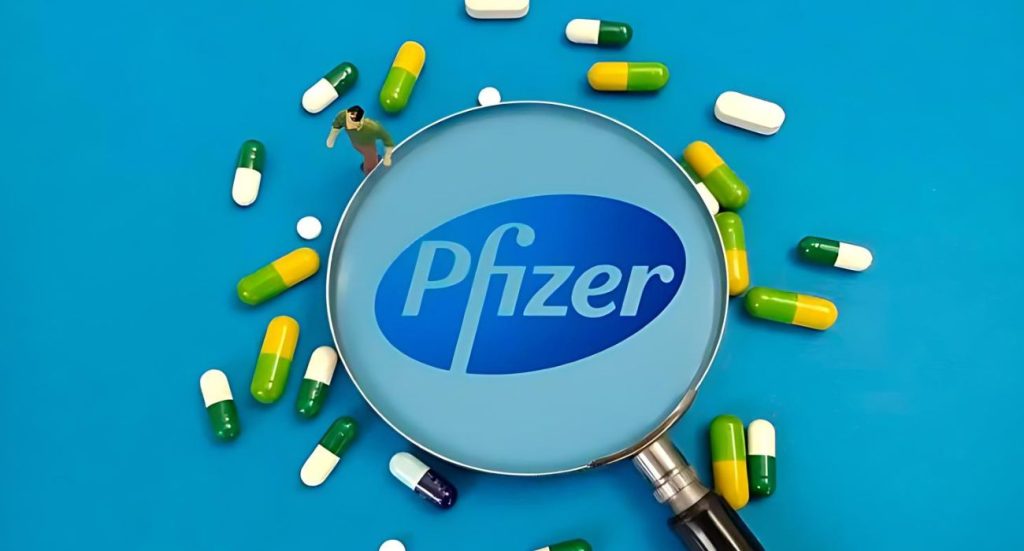The most recent weight loss medications have resulted in significant profits for companies like Novo Nordisk and Eli Lilly. However, the question remains whether other pharmaceutical companies, such as Pfizer, can compete.
A report A report by The Motley Fool suggests that there are investment opportunities in the obesity drug market, but creating new medications remains difficult. Pfizer, which made substantial profits from its COVID-19 vaccines, recently abandoned its efforts to develop a twice-daily version of its obesity drug danuglipron—a GLP-1 agonist similar to products released by Novo Nordisk and Eli Lilly—due to intolerable side effects.
The company has not completely given up on the drug, as research continues for a once-daily version of danuglipron. In a Q1 meeting reported covered by The Motley Fool, Pfizer stated that it was also exploring alternatives to danuglipron.
Pfizer chair and CEO Albert Bourla stated, “So we are strong and will continue to invest in the entire area because we have the infrastructure. Obesity is a significant part of it, considering the size of the market. We have stated multiple times that we currently have three agents in the clinic, and we have several others in pre-clinical stages that are progressing.”
While the obesity drugs from Novo Nordisk and Eli Lilly have been highly successful for investors, there are still considerable risks associated with these drugs. As reported reported by the Daily Mail, Novo’s Ozempic has a lengthy list of side effects, ranging from discomfort like flatulence to serious risks like suicidal thoughts.
Obesity is defined as having a body mass index (BMI) of 30 or higher, significantly increasing the risk of various adverse health outcomes. According to The Dallas Express, being overweight has been linked to a higher risk of type 2 diabetes, heart disease, depression, cancer, dementia, infertility, and more.
As reported by The Dallas Express, the number of clinically obese individuals worldwide has surpassed 1 billion. This growing prevalence has raised concerns among public health authorities, including the World Health Organization.
As indicated by data stats from the CDC, one out of every five American adults was obese in 2022. Texas is particularly impacted by obesity, as previously reported by reported by The Dallas Express, where the rate of obesity has significantly increased over the past few years, with 35.5% of adults and 17% of children between 10 and 17 years old estimated to be obese.
Ozempic, Novo Nordisk’s Wegovy, and Eli Lilly’s Zepbound were originally developed to treat type 2 diabetes, but they have proven effective for other conditions beyond weight loss.
Recent studies suggest that Zepbound may assist with sleep apnea, a respiratory condition affecting about 39 million Americans, as reported by DX. Similarly, Wegovy has demonstrated potential in reducing heart attacks and strokes. As reported by DX, the drug was recently approved by the U.S. Food and Drug Administration for addressing risk factors related to cardiovascular health.
Keith Speights, who authored The Motley Fool report, believes that it is not too late for Pfizer to compete with Novo Nordisk and Eli Lilly in the weight loss drug market, even if it requires acquiring another company.



